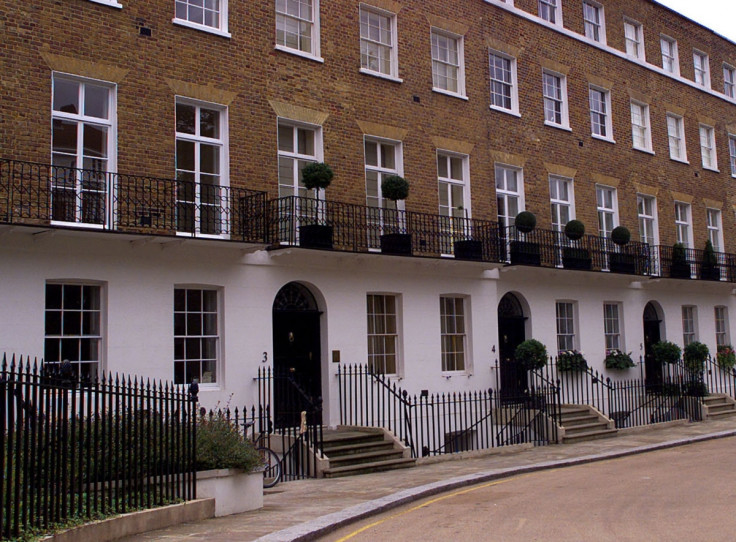London Housing Bubble Fears Fading as Price Boom Slows Down

There are more signs that the rapid pace of house price growth in London is set to slow down markedly amid tighter mortgage market rules and easing demand.
The Royal Institute of Chartered Surveyors (Rics) said in its July residential market survey that its members were reporting lower housing demand across the UK for the first time since January 2013.
And in London, where property price growth has hit high double-digits in recent months, both sales and new buyer demand fell more sharply than elsewhere.
Enquiries fell at their fastest rate since April 2008. And there was a net balance of 10% more survey respondents reporting an increase in prices, down sharply from 30% in June.
The average price of a UK home hit £262,000 in the year to May 2014, according to the Office for National Statistics (ONS), having risen 10.5%. In London alone the average leapt 20.1% to £492,000.
This has concerned regulators, who worry that some households may have stretched themselves too far financially by taking on large mortgages while interest rates are temporarily low to pay for high property prices.
Rates are set to rise again soon as the economic recovery strengthens, leaving many exposed to a shock when debt repayment increase too.
The Financial Conduct Authority (FCA) imposed more stringent affordability tests on the mortgage market. This forces lenders to be more vigilant about borrowers' ability to pay back their mortgages in the event of a number of different scenarios, such as higher interest rates.
And the Bank of England will start to cap mortgage lending from October 2014. Banks will only be able to comprise 15% of their new mortgage lending with loans worth 4.5 times or more a borrower's income.
More broadly than London, Rics said the new rules have made the market pause for breath. Demand has eased and the supply increased as more sellers come onto the market, tempted on by the increase in house prices.
"A range of policy initiatives adopted by the Bank of England in recent months alongside heightened expectations surrounding a turn in the interest rate cycle has clearly had an impact on sentiment in the market," Simon Rubinsohn, Rics chief economist, said.
"The shift in the mood music amongst potential buyers in the London market has been particularly pronounced, but that is in a sense consistent with the move to a more sustainable market in the capital.
"Elsewhere around the country, the market in general is showing a greater degree of resilience, but that largely reflects the fact that in some areas the recovery has only recently taken hold and affordability is rather less stretched."
He added: "Significantly, members now expect price gains over the next year to be faster outside of the capital, than in it."
A report by the Centre for Economics and Business Research (CEBR) thinktank said house price growth will slow sharply in the UK as building work picks up, a stronger pound puts off foreign investors in London property, and the rules around the mortgage market are tightened.
© Copyright IBTimes 2025. All rights reserved.






















